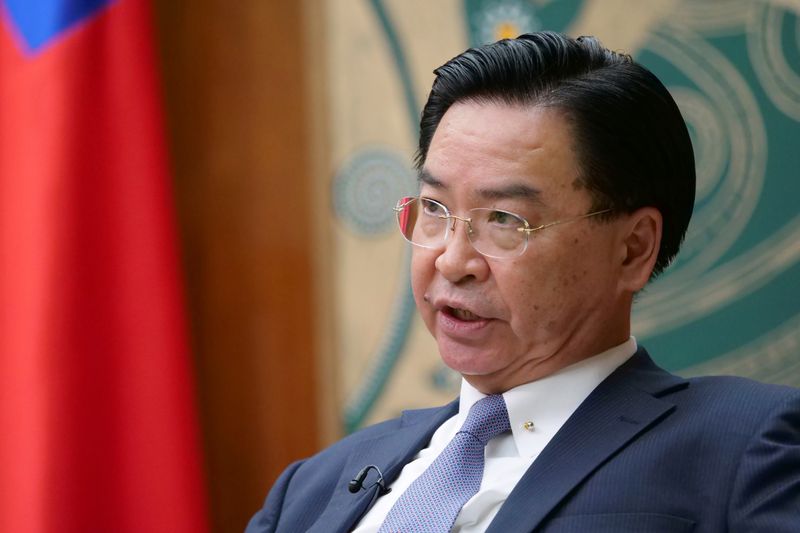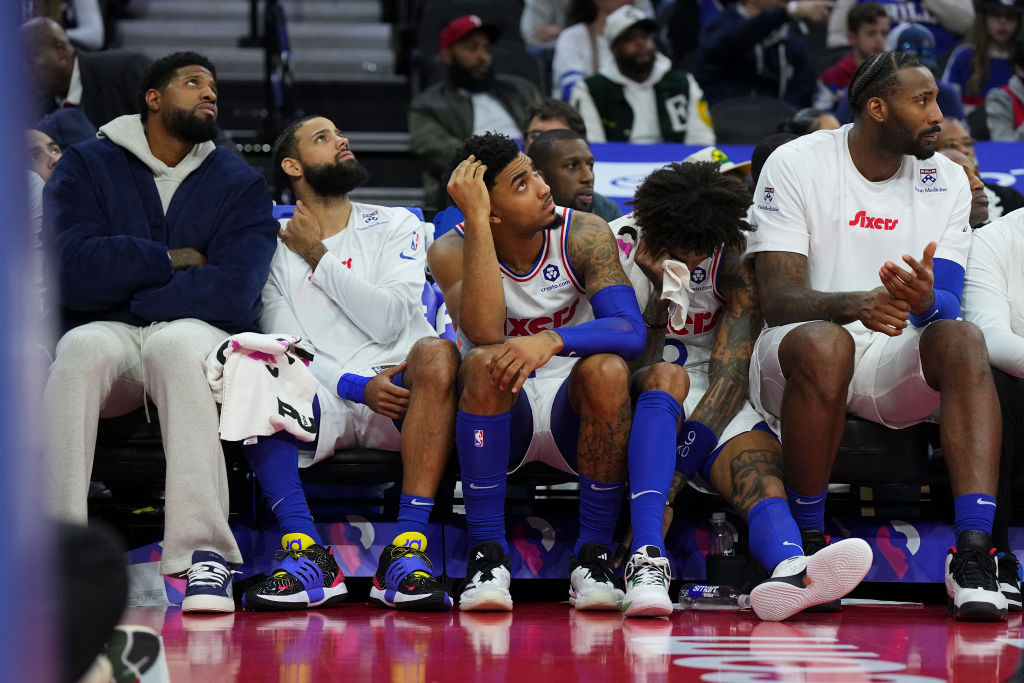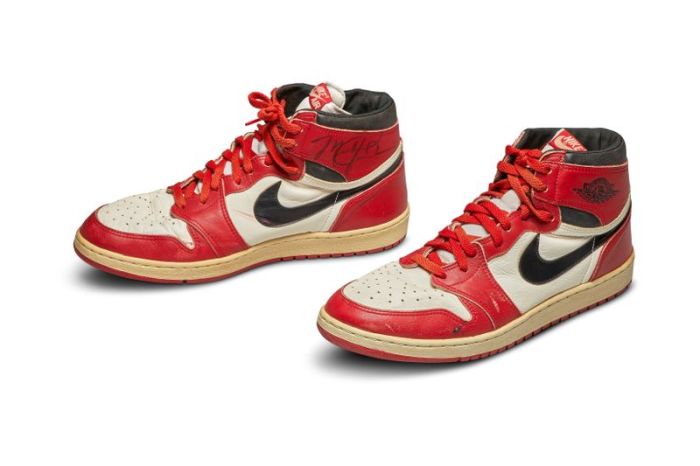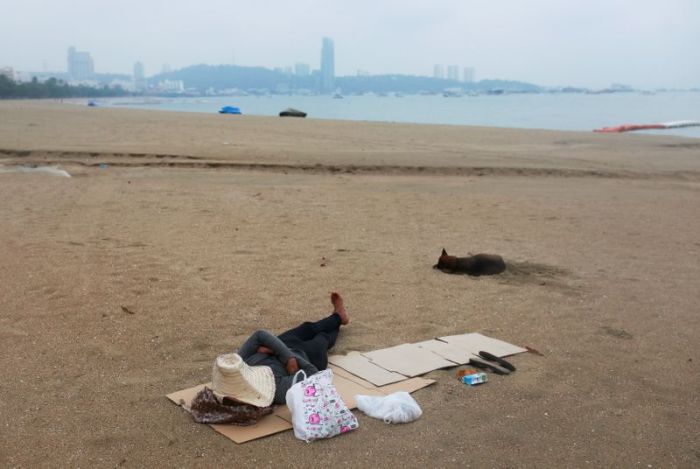TAIPEI/WASHINGTON (Reuters) – Despite strong efforts Taiwan did not get invited to this week’s meeting of a key World Health Organization (WHO) body due to Chinese pressure, its foreign minister said on Monday, adding they had agreed to put the issue off until later this year.
The decision drew prompt condemnation from the United States, which has been blaming China for covering up the early days of coronavirus outbreak and for refusing to share data about the virus with the rest of the world.
Non-WHO member Taiwan had been lobbying to take part in a meeting later on Monday of WHO’s decision-making body, the World Health Assembly, saying that to lock it out was to create a gap in fighting the coronavirus pandemic.
Taiwan has said it wanted to share with the world its successful experience at fighting the coronavirus, having only reported 440 cases and seven deaths thanks to early detection and prevention work.
But China, which considers democratically ruled Taiwan its own with no right to attend international bodies as a sovereign state, strongly objected to Taiwan taking part in the assembly unless it accepted it was part of China. This, the Taipei government refused to do.
“Despite all our efforts and an unprecedented level of international support, Taiwan has not received an invitation to take part,” Foreign Minister Joseph Wu told reporters.
“The Ministry of Foreign Affairs expresses deep regret and strong dissatisfaction that the World Health Organization Secretariat has yielded to pressure from the Chinese government and continues to disregard the right to health of the 23 million people of Taiwan.”
A participant list for the abridged World Health Assembly taking place virtually from Geneva on Monday did not include Taiwan.
Keva Bain, president of the WHO assembly, said that the proposal to include Taiwan would first be considered by the WHO’s General Committee, which would then make a recommendation ahead of the resumed assembly session. No date has been given although it is expected later this year.
In a statement, U.S. Secretary of State Mike Pompeo took a swipe at the head of WHO Director-General Tedros Adhanom Ghebreyesus, saying the decision about Taiwan showed that he caved under pressure from Beijing.
“The Director-General’s lack of independence deprives the Assembly of Taiwan’s renowned scientific expertise on pandemic disease, and further damages the WHO’s credibility and effectiveness at a time when the world needs it the most,” Pompeo said.
The administration of President Donald Trump has sharply criticised WHO’s performance during the pandemic, saying it was “China-centric” and has paused U.S. funding to the global body, a move Trump’s critics said was to deflect attention from what they see as a slow U.S. response.
The United States has also repeatedly clashed with China over its refusal to allow Taiwan full access to the body, helping to further fuel tension between Washington and Beijing.
‘ABSOLUTE RIGHT’
Taiwan’s Presidential Office expressed anger, saying Taiwanese have “the absolute right” to participate in the international community and that the island would not bow to Chinese pressure.
“We solemnly urge the World Health Organization Secretariat to reject Beijing’s inappropriate interference,” Presidential Office spokesman Alex Huang told a news conference.
Both the WHO and China say Taiwan has been provided with the help and information it needs during the pandemic, which Taiwan has strongly disputed.
Taiwan attended the assembly as an observer from 2009-2016 but China blocked further participation after the election of Taiwan President Tsai Ing-wen, whom China views as a separatist, an accusation she rejects.
Foreign Minister Wu said that Taiwan had agreed the issue of its participation would be put off until later in the year so the shortened assembly can focus on the coronavirus.
“Understandably, countries want to use the limited time available to concentrate on ways of containing the pandemic,” he said.
“For this reason, like-minded nations and diplomatic allies have suggested that the proposal be taken up later this year when meetings will be conducted normally, to make sure there will be full and open discussion,” Wu said.
(Additional reporting by Humeyra Pamuk in Washington, Emma Farge in Geneva; Reporting by Ben Blanchard and Yimou Lee; Editing by Michael Perry, Tom Hogue and Steve Orlofsky)

























